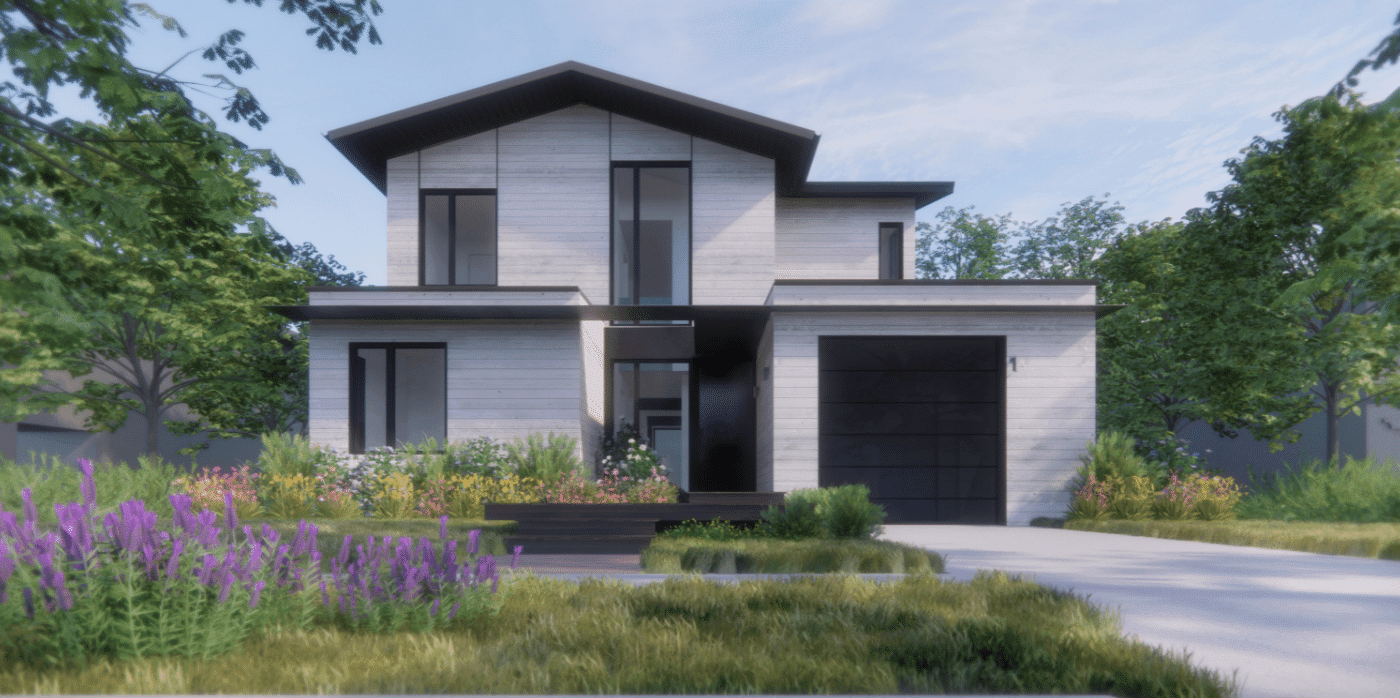Precision-engineered, carbon-negative homes – Springwise

Spotted: Construction is big business. Representing 5 per cent of the total GDP in developed countries with projected global revenues of $15 trillion (approximately €14.5 trillion) by 2025, the construction industry is also the single largest consumer of resources and raw materials. Accordingly, it’s a big producer of waste too, and over 30 per cent of materials delivered to construction sites end up discarded in landfill. California-based Aro Homes aims to make construction more time-efficient, with energy-optimised projects completed in as little as three months through carbon-negative, architect-designed homes.
Aro Homes’ algorithms and machine learning technology work alongside designers to maximise sight lines as well as privacy, all the while conforming with local zoning regulations. The precision-engineered structures have water-proofed exteriors, extremely high fire ratings, and are so well-insulated that they produce more energy than they use.
The homes also include electric heat pumps, low voltage lighting, and highly efficient solar panels to ensure that they are as green as possible. Compared to a traditionally built home, Aro homes use half as much energy; along with 6,000 fewer gallons of water per year. That translates into an annual reduction of 11.2 tonnes of carbon dioxide.
By maximising efficiency and sustainability within their homes, during construction and beyond, Aro ensures that costs and energy usage remain as low as possible for homeowners. The company’s approach could help to abate the endemic affordable housing crisis afflicting so many nations.
Aro recently closed a Series A funding round that raised $21 million (approximately €20.2 million) for further expansion of its methods into new locations.
Springwise has spotted many innovations hoping to make the construction industry more efficient and sustainable, including self-powered tiny homes and a carbon negative construction company.
Written By Keely Khoury

